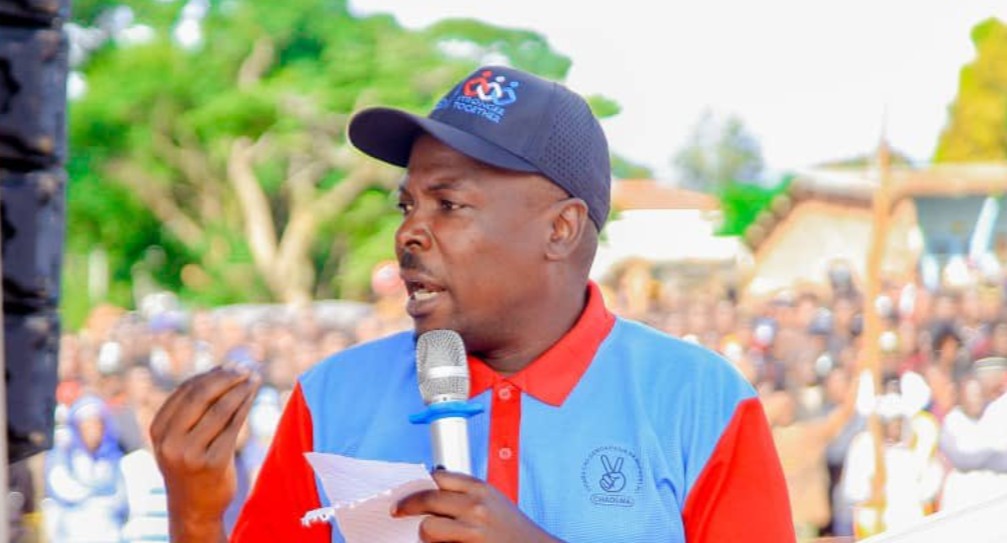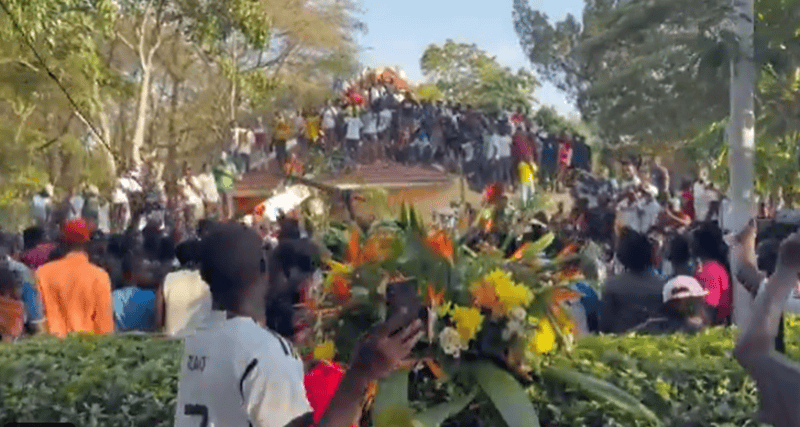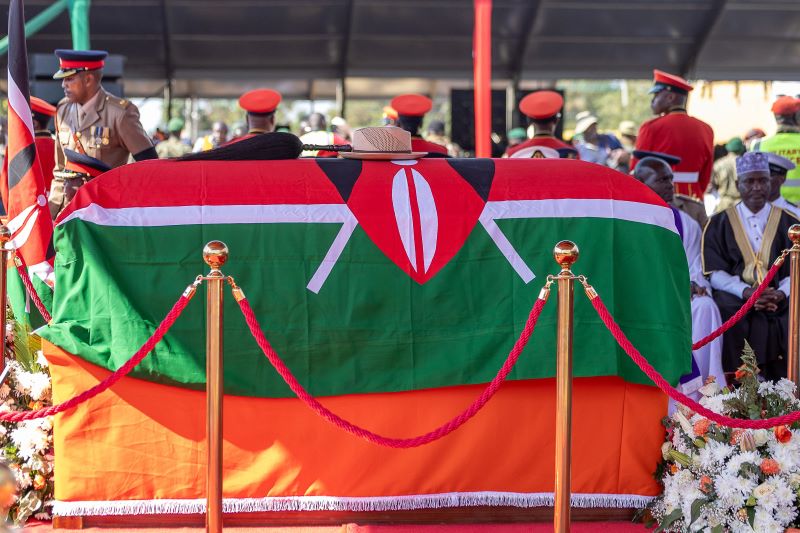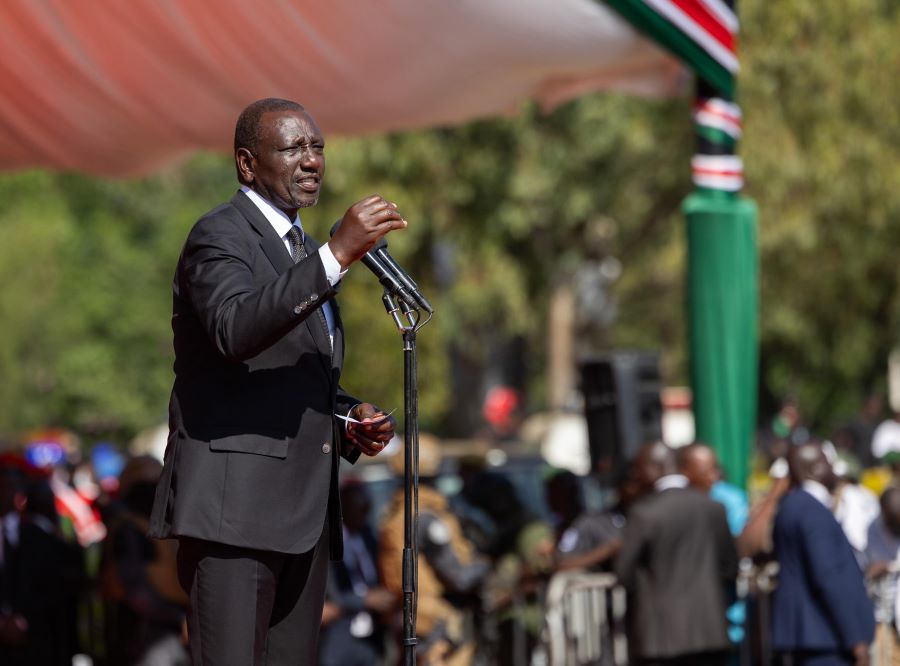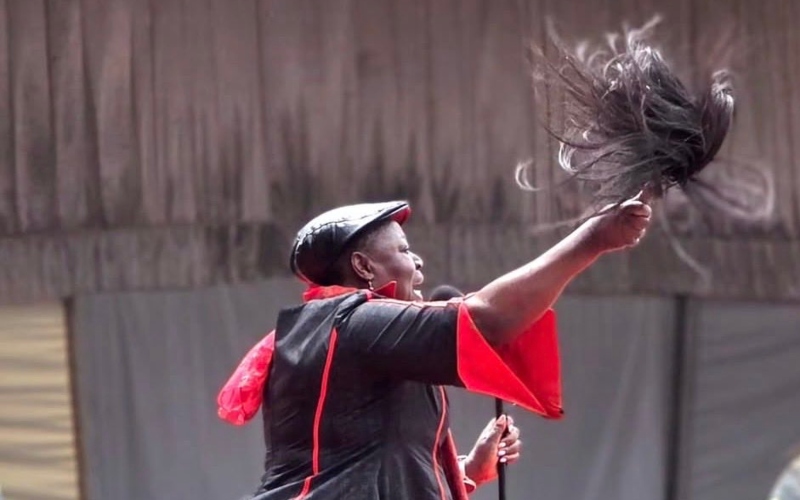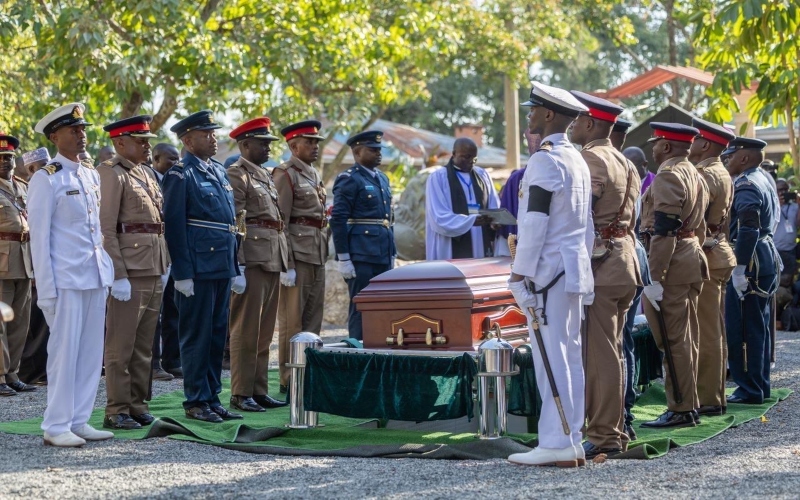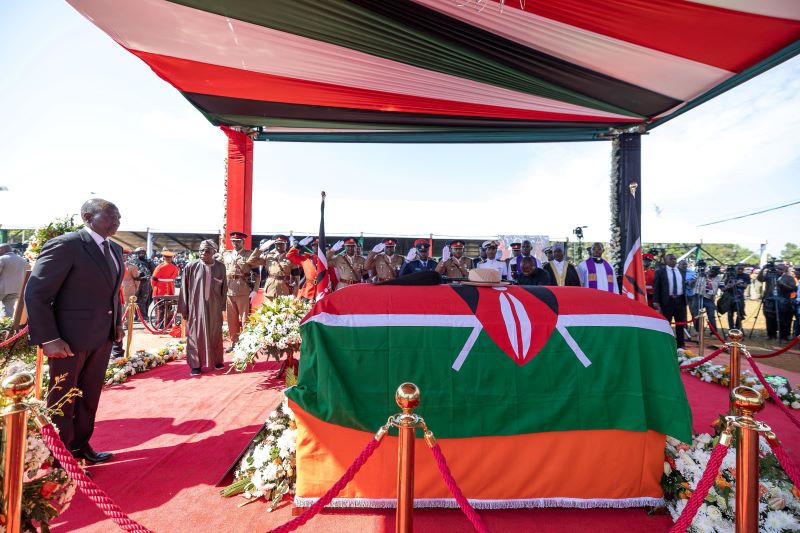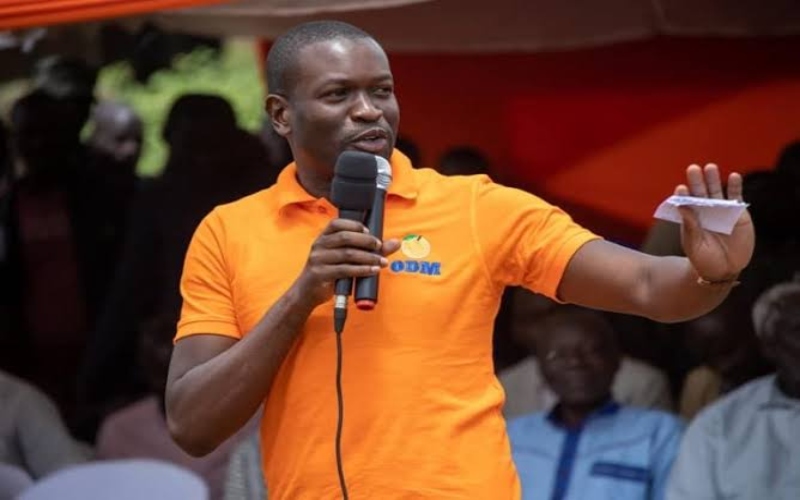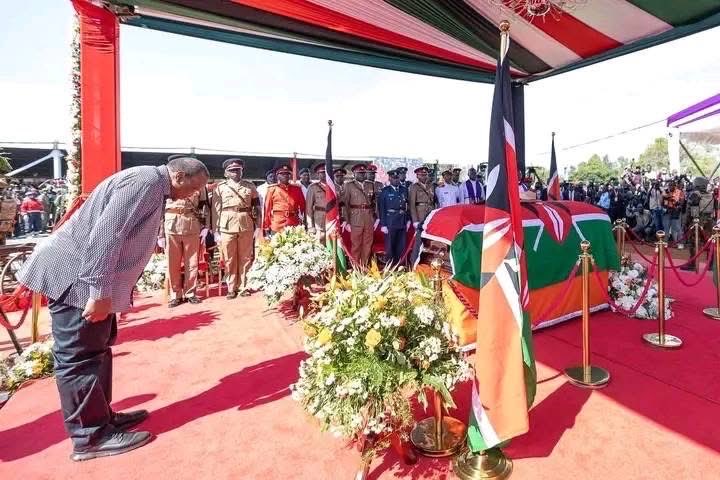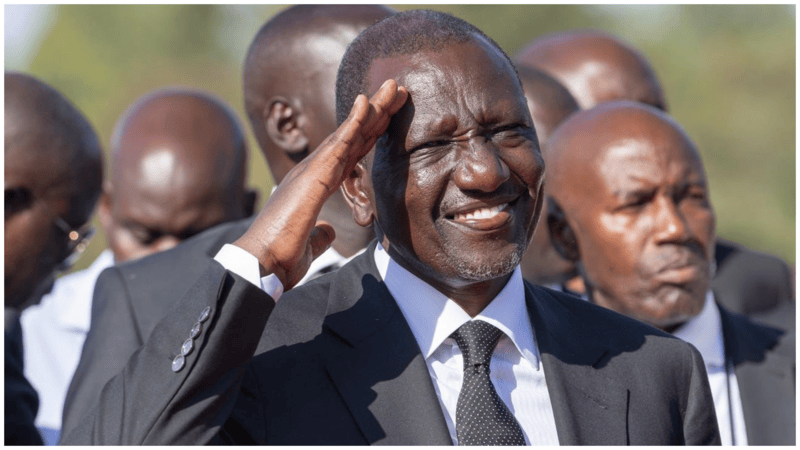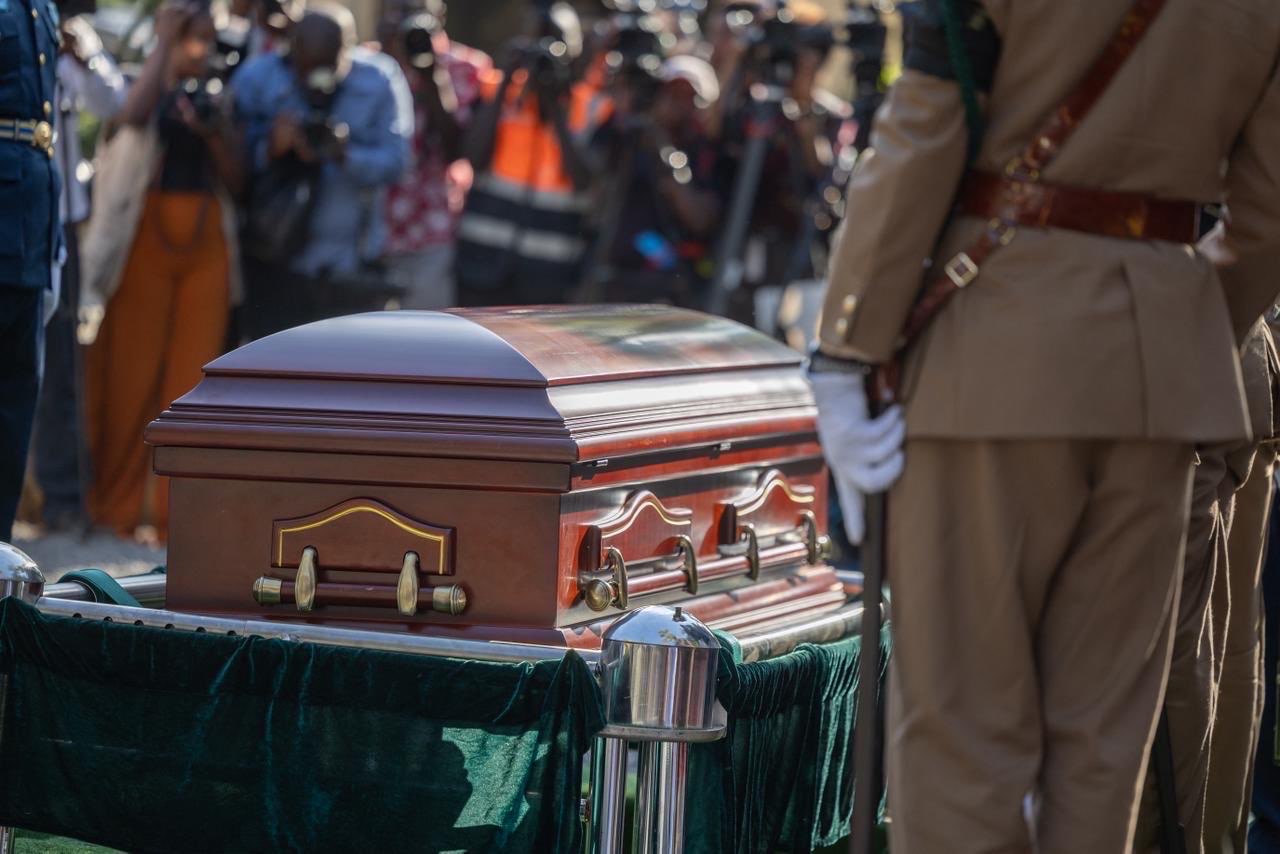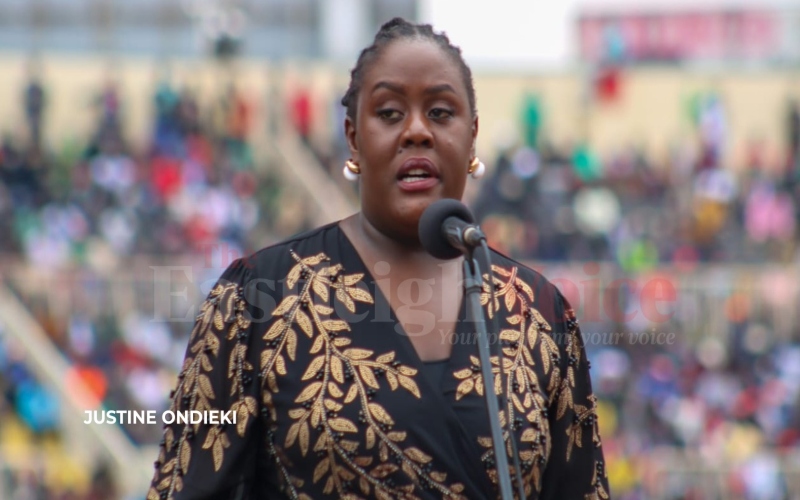Kenya's Adani deals face legal hurdle over constitutionality claims
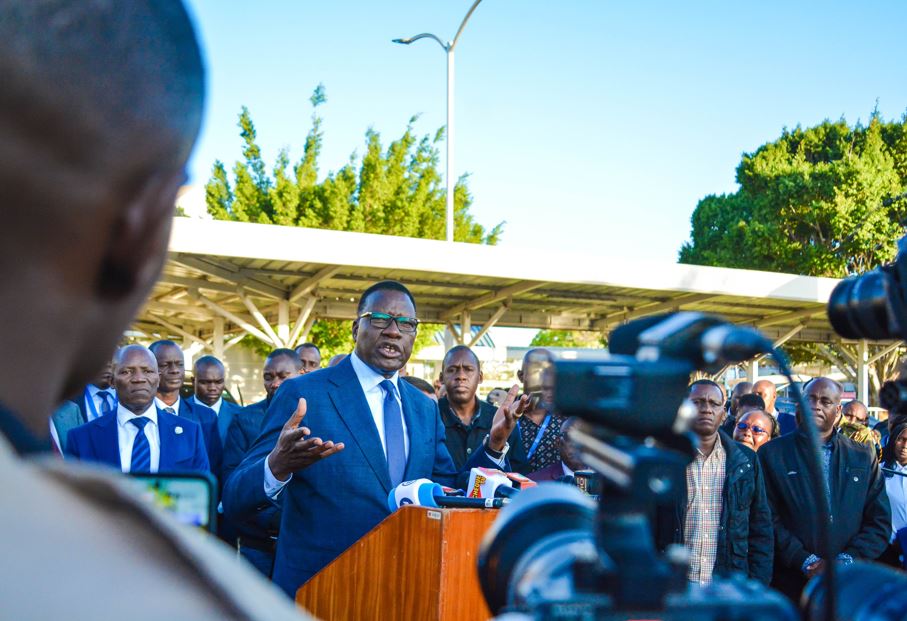
Katiba Institute claims that sections of the Public-Private Partnerships Act allow critical projects to be approved without parliamentary scrutiny,
A fresh petition has been filed by the Katiba Institute to challenge the constitutionality of Kenya's recent Public Private Partnerships (PPP) deals involving India's Adani Group, citing lack of transparency and inadequate parliamentary oversight.
The institute claims that sections of the Public-Private Partnerships Act allow critical projects to be approved without parliamentary scrutiny, which it argues violates Kenya's constitutional requirements for checks and balances.
More To Read
- Adani whistleblower Nelson Amenya sounds alarm on Kipini Conservancy sale
- Adani Group rejects US investigation claims on Iranian LPG imports
- Kenya turns to Beijing for JKIA expansion after Adani fallout
- Treasury revises PPP framework after public outcry over controversial Adani deals
- UDA blogger: State contracted individuals to tarnish Gachagua, defend Adani, SHA
- Whistleblower in JKIA-Adani deal named one of the most influential Africans
The petition, filed under a certificate of urgency, targets specific sections of the PPP Act, including sections 59, 60, 61, 62, 63, and 72(1), which the Katiba Institute argues improperly grant final approval authority to the Executive through the PPP Committee.
According to the institute, this sidesteps Parliament and risks misuse of public funds.
The complaint is partly focused on Privately Initiated Proposals (PIPs), a mechanism in the PPP Act that allows private companies to propose projects directly to the government.
Katiba Institute contends that sections 44(5) and (6) make competitive tendering for PIPs discretionary, undermining Article 227 of the Constitution, which mandates fair, open procurement.
"The handling of the JKIA deal raises substantial doubts about the capacity of any subsequent processes related to the project guaranteeing fairness under Article 227 of the constitution," the institute stated, referencing a 30-year concession for the Jomo Kenyatta International Airport (JKIA) awarded to Adani Airports Holdings Ltd.
Power deals
Two high-profile projects under scrutiny include the development of three electricity transmission lines and two substations to be operated by Adani for 30 years at a projected cost of Sh95.68 billion, as well as the 30-year concession at JKIA.
Katiba Institute, represented by lawyer Henry Paul Gichana, asserts that these projects were initiated under PIPs, thereby bypassing competitive bidding and transparency.
"Their developments and conclusions have been shrouded in a great deal of secrecy and lack of transparency, contrary to the provisions of Articles 10 and 201 of the Constitution demanding openness and accountability as well as sustainable development," Gichana argued.
He added that public officials have openly supported the projects, hinting at the "unfair advantage" given to Adani over other potential bidders.
The petition further claims that Kenya Electricity Transmission Company (KETRACO) and Kenya Airports Authority (KAA) have been directed by the Executive to push through these deals without parliamentary approval, despite the projects potentially drawing on public funds.
According to Gichana, the PPP Act's Section 61(2) requires a private party to immediately begin work upon signing a concession, raising concerns that Adani Group may quickly commence on the Ketraco project without independent oversight.
In a related case, activist Tony Gachoka, Mount Kenya Jurist, and three political parties, including the Wiper Democratic Movement, have filed a petition challenging the JKIA deal, alleging that the government is effectively giving away revenue-generating assets to Adani without public benefit.
Represented by MMA Advocates, the government has countered, claiming that only the PPP Petition Committee has the jurisdiction to address complaints related to PPP decisions, not the High Court.
"The Kenyan Government has sought to consider handing over the existing revenue-generating assets and facilities of KAA as a gift to the respondents (Adani Group and Adani Airports Holding) at no apparent benefit to the people of Kenya," Gachoka stated.
He further accused the government of undermining KAA's operations to rationalise the concession.
The Law Society of Kenya (LSK) has also weighed in, voicing opposition to the KETRACO-Adani deal. The cases are scheduled for a preliminary hearing on November 27, 2024, as the petitioners seek conservatory orders to prevent the projects from moving forward before constitutional questions are resolved.
Katiba Institute has called for a three-judge bench to hear the petition, asserting that the matters at stake could have profound implications on public accountability in major infrastructure projects across the country.
Top Stories Today
